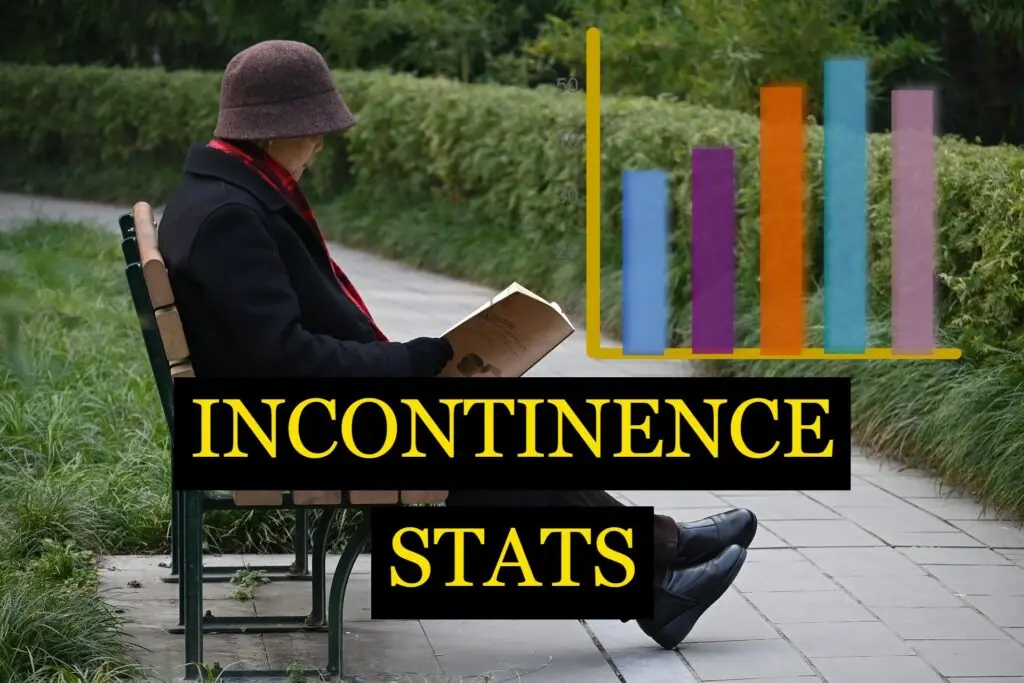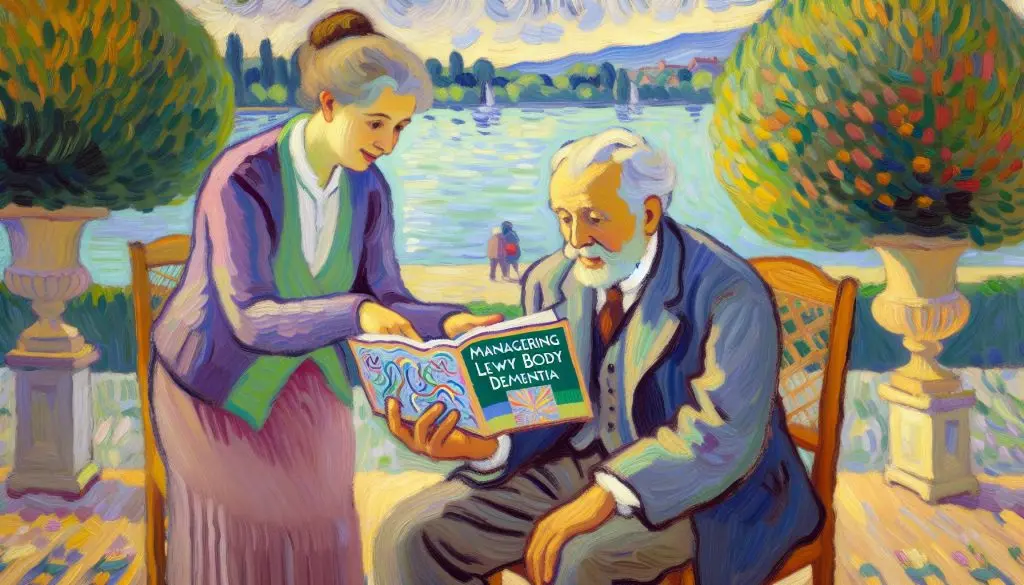Understanding how to support the mental health of our elders is not just a compassionate move, it’s a vital one. With age, come challenges that affect mental well-being, from the loss of loved ones to the onset of medical conditions. But support and understanding can make all the difference in ensuring our senior generations thrive in their golden years.
1. Evaluating the State of Mental Health in Older Adults
Evaluation of mental health in older adults is a critical component of overall well-being, especially since mental health issues can often go unnoticed or be misconstrued as typical signs of aging. Elderly mental health support, therefore, must involve careful and regular assessment for conditions such as depression, anxiety, and cognitive decline.
Recognizing the importance of mental health in this population can pave the way for timely interventions and support systems, greatly enhancing the quality of life for our seniors.
Identifying Changes in Behavior and Mood
One of the key strategies in evaluating the mental health condition of older adults is to monitor changes in behavior and mood. This can include noticeable shifts in energy levels, sleeping patterns, appetite, or a decreased interest in hobbies and social interactions. Family members and caregivers play a crucial role in observing these changes. By being attentive to such variations, one can flag potential concerns early and seek professional elderly mental health support.
Assessing Cognitive Function
Cognitive decline can be a natural part of the aging process, but it can also indicate more serious issues like dementia or Alzheimer’s disease. Regular cognitive assessments, even simple ones, can help detect changes in memory, problem-solving abilities, and thinking skills. Simple tools and questionnaires can be used to screen for cognitive impairments, guiding the need for further evaluation and assistance.
Facilitating Open Discussions
Open communication is imperative when it comes to elderly mental health support. Encouraging older adults to express their feelings and concerns without fear of judgment or stigma can lead to a better understanding of their mental state. Health practitioners can offer a safe space for these conversations, which can be instrumental in identifying and addressing any mental health issues.
Professional Support and Resources
Seeking support from mental health professionals who specialize in geriatric care can yield a comprehensive evaluation of an older adult’s mental health. These professionals can offer targeted therapies and support strategies tailored to an individual’s needs. Furthermore, support groups and community resources can offer additional layers of support, allowing for shared experiences and advice among peers who may be facing similar challenges.
To summarize, the evaluation of mental health in older adults is an ongoing process that calls for vigilance and compassion. By integrating behavior observation, cognitive assessments, open discussions, and professional geriatric mental health support, caregivers and family members can significantly contribute to the betterment of their loved one’s mental health and overall quality of life.
2. Strategies for Providing Elderly Mental Health Support
As we age, our mental health can face unique challenges. Understanding and implementing effective elderly mental health support strategies is critical to maintaining and improving the psychological well-being of our older adults. Here are several approaches that can help protect and enhance mental health in the elderly population.
Encourage Social Interaction
Isolation can lead to feelings of loneliness and depression among older adults. Encouraging regular social interaction through family visits, community events, or social clubs can help provide a sense of belonging and reduce the risks of mental health issues.
Promote Physical Activity
Physical exercise is not only good for the body but also for the mind. Activities such as walking, tai chi, or gentle yoga can help reduce anxiety, improve mood, and boost cognitive function. Caregivers need to tailor activities to the senior’s capabilities to ensure safety and enjoyment.
Foster a Sense of Purpose
Having a sense of purpose can vastly improve one’s mental health. Whether it’s through volunteering, hobbies, or caregiving for a pet, finding activities that give older adults a sense of contribution can lead to increased happiness and fulfillment.
Access to Mental Health Services
Elderly individuals should have access to specialized mental health care. This includes regular screenings for common conditions such as depression and anxiety, and treatments like counseling or therapy. It’s essential to address the stigma around seeking help and to ensure mental health services are elderly-friendly.
Focus on Proper Nutrition
Good nutrition plays a crucial role in mental health. Deficiencies in vitamins and minerals can lead to changes in mood and cognitive abilities. A balanced diet, possibly supplemented with advice from a nutritionist, should be part of an overall strategy for elderly mental health support.
Mind-Stimulating Activities
It’s important to keep the mind active to maintain cognitive health. Engaging in puzzles, reading, or learning new skills can provide intellectual stimulation and potentially slow cognitive decline.
Adapt Living Environments
Create safe and comfortable living environments for the elderly to minimize stress and confusion. This might include decluttering living spaces, ensuring adequate lighting, and installing assistive devices to help promote independence and security.
It’s also crucial that family members and caregivers educate themselves on the unique mental health challenges faced by the elderly. By understanding and recognizing signs of mental health issues early on, appropriate interventions can be made. Remember, elderly mental health support is a multifaceted approach, requiring patience, compassion, and ongoing commitment from everyone involved to ensure the best possible outcomes.
3. Overcoming Challenges in Elderly Mental Health Care
Maintaining mental well-being often becomes more complex as individuals age, and elderly mental health support is a growing concern for many families and healthcare providers. There are numerous challenges unique to this population that must be navigated with compassion and understanding.
From the emergence of age-related conditions such as dementia to the stressors linked to physical decline and loss, the strategies to support elderly mental health need to be multifaceted and accessible.
Understanding the Unique Needs of Older Adults
It’s crucial to comprehend that older adults might struggle with issues that younger individuals do not necessarily face. These can include bereavement, isolation, and the psychological impact of chronic pain. Elderly mental health support must address these unique challenges by providing individualized care and creating robust support systems.
Improving Accessibility to Mental Health Care
One of the most significant barriers to mental health care for the elderly is accessibility. Transportation difficulties, limited mobility, and technological challenges can all prevent older adults from receiving the care they need. Offering in-home services and telehealth options can vastly improve accessibility for mental health support. Organizations and caregivers are working tirelessly to expand these services and provide training so that the elderly can benefit from remote consultations.
Combating Stigma and Encouraging Open Dialogue
Historically, there has been a stigma associated with mental illness, and this can be especially potent among older generations. Encouraging open dialogue about mental health concerns can gradually break down these barriers. Providing education about the normalcy and treatability of mental health issues is also essential. When elderly individuals and their families are better informed, they’re more likely to seek the support needed without fear of judgment.
Integrating Physical and Mental Health Care
A holistic approach that integrates physical and mental health care can lead to better outcomes for elderly mental health. Chronic diseases, common in older adults, can exacerbate or contribute to mental health issues. Ensuring that healthcare providers are trained to recognize and manage these interconnected aspects is paramount.
Supporting the mental health of the elderly involves creating a supportive environment that accounts for their physical health needs. Care that encompasses comprehensive treatment plans, taking into account all medications and health conditions, is vital to supporting the overall well-being of older individuals.
Fostering Social Connections
Loneliness and isolation can take a severe toll on anyone’s mental health, particularly for the elderly who are more likely to lose their significant relationships over time. Creating opportunities for socialization is a key aspect of elderly mental health support. Community centers, online forums, and volunteer groups can provide much-needed companionship and a sense of purpose.
Training and Education for Caregivers
Caregivers play a crucial role in the mental health of older adults. Ensuring that these individuals have the necessary training to address both psychological and emotional needs is critical. Additionally, caregivers should have access to resources that can help them manage their stress and prevent burnout, as well as recognize when professional intervention is needed.
By understanding and addressing the challenges unique to elderly mental health, we can build a more supportive and effective care system. Through improved accessibility, reducing stigma, integrating care, fostering social connections, and empowering caregivers with appropriate training, older adults can enjoy a higher quality of life and better mental health.
4. Supporting Caregivers in the Journey
Supporting caregivers is an integral part of elderly mental health support. Caregivers are often the unsung heroes in the journey of managing older adults’ well-being. They provide not just physical assistance but also emotional sustenance which is crucial for patients dealing with chronic diseases or age-related challenges. Recognizing their role and ensuring they have the necessary tools and resources is vital for the holistic health of the elderly.
Emotional Well-being of Caregivers
First and foremost, the emotional well-being of caregivers should be a priority. Caring for an older adult can be rewarding, but it’s also demanding and can lead to burnout. Caregivers need to have access to mental health support services where they can talk about their experiences, gain coping strategies, and connect with others in similar situations.
Educational Resources and Training
Providing educational resources and training can empower caregivers. Understanding the specific mental health conditions that can affect the elderly allows caregivers to offer more effective support. Training in communication strategies, mental health first aid, and ways to manage stress is essential.
Respite Care Options
Consider respite care options to give caregivers a necessary break. Short-term relief can prevent caregiver fatigue and promote better mental health for both the caregiver and the senior in their care. Various community programs and services offer temporary care alternatives that can be a valuable part of elderly mental health support strategies.
Support Groups and Networks
Encouraging participation in support groups and networks can also be beneficial. These groups offer a sense of community and an opportunity for caregivers to share tips and encouragement. They can find solace in the shared experiences and collective wisdom that come from interacting with others who understand their journey.
Fostering a supportive environment for caregivers ensures that they can continue to provide the best care to the elderly without compromising their mental health. Remember, when caregivers are well-supported, they are better equipped to manage the complexities of caring for someone with mental health needs.
By embracing comprehensive elderly mental health support strategies, we can improve the quality of life for both older adults and their dedicated caregivers.
Surprising fact: Research has shown that older adults who engage in regular social activities and maintain close relationships have a slower rate of cognitive decline. This underscores the importance of integrating communal experiences into the lives of the elderly to promote mental resilience.


